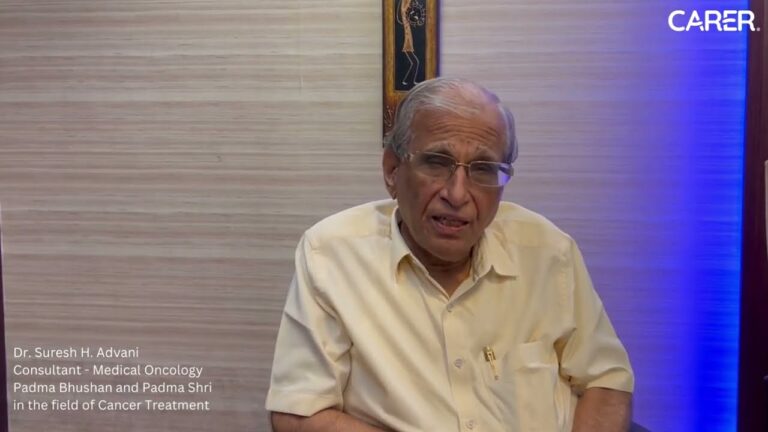Understanding Cancer in Young Adults: Challenges and Considerations

Cancer is often associated with older age, but young adults, aged 20 to 39, can also face this formidable disease. While less common in this age group, a diverse range of cancer types can occur, presenting unique challenges in diagnosis and treatment. Unlike cancers in children or older adults, the most prevalent types in young adults differ significantly.
Common Cancers in Young Adults: Some of the most frequently encountered cancers in young adults include breast cancer, lymphomas (Non-Hodgkin and Hodgkin), melanoma, sarcomas (cancers of connective tissues like muscles and bones), cancers of the female genital tract (cervix and ovary), thyroid cancer, testicular cancer, colorectal cancer, and brain and spinal cord tumors. However, the prevalence of specific cancers may vary within this age group. For instance, lymphomas are more prevalent before the age of 25, while breast, cervical, and colorectal cancers become more common after 25. Additionally, various other cancer types can manifest in young adults.
Risk Factors and Prevention: Unlike cancers in older adults, lifestyle-related risk factors such as smoking, obesity, or lack of physical activity play a lesser role in cancers affecting young adults. While some environmental factors like radiation exposure have been linked to cancer risk in this demographic, certain exposures, such as radiation therapy during childhood or adolescence, may be unavoidable. Nonetheless, adopting healthy habits early in life, such as avoiding smoking, maintaining a healthy weight, staying physically active, and following a nutritious diet, can mitigate the risk of cancer and other health issues in the future.
Screening and Vaccination: Screening tests for cancers in asymptomatic individuals can aid in detecting pre-cancerous changes early, potentially preventing the development of cancer. Screening for cervical and colorectal cancers, for example, can detect abnormalities before they progress to cancerous stages. Additionally, certain vaccines, such as those targeting human papillomavirus (HPV), can reduce the risk of specific cancers. HPV vaccines are particularly effective when administered during adolescence, with recommendations urging vaccination between ages 9 and 12.
In conclusion, while cancer in young adults may present unique challenges, awareness of prevalent types, risk factors, preventive measures, and screening opportunities is crucial. By prioritizing early detection, adopting healthy lifestyles, and leveraging preventive interventions like vaccination, the impact of cancer in young adults can be minimized, promoting better health outcomes and quality of life in this demographic.
Reference:
https://www.cancer.net/cancer-types/colorectal-cancer/risk-factors-and-prevention









